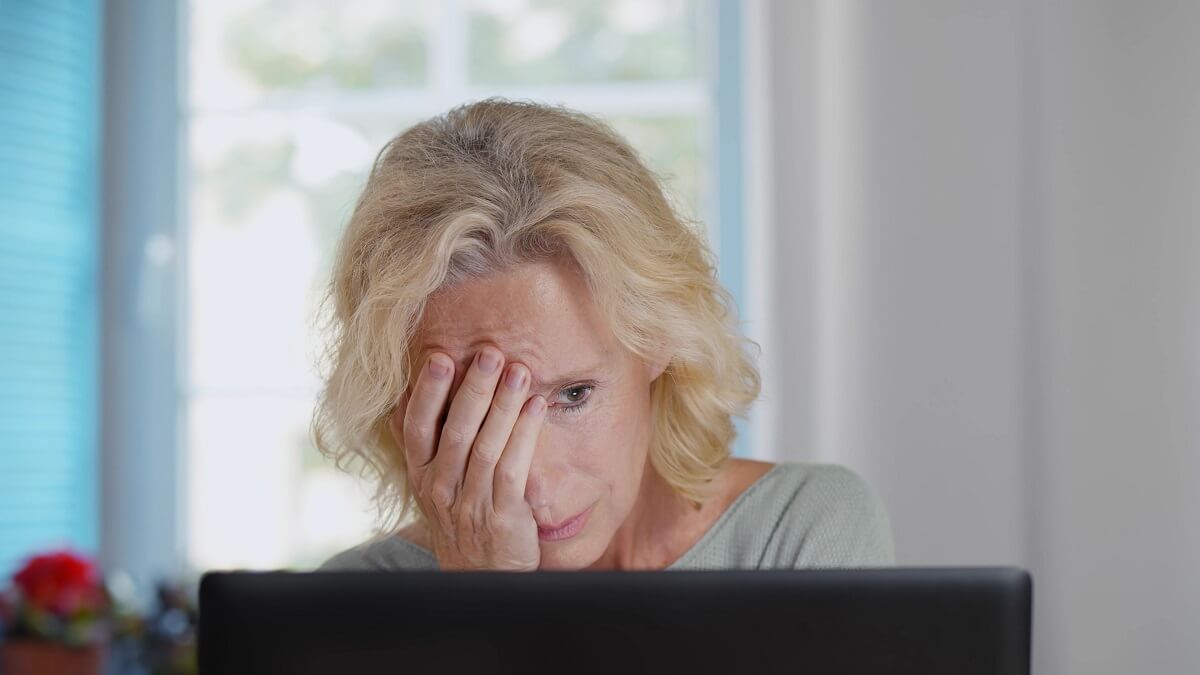Do you suffer from retirement anxiety? Whether you’re contemplating retirement soon or have already reached that stage of life, the unknowns can play on your mind. What will my retired life look like? Will I be healthy in retirement? Will I have enough money to last through retirement?
Anxiety and fear can affect anyone. For some (and I put my hand up to this one), the effect can be quite debilitating. Ruminating about what may or may not happen can be quite crippling. The global events of the past few years probably haven’t helped much.
For those who have crossed the magic 50-year-old mark, retirement anxiety can loom large in this post-COVID world. More so than 10 or 15 years ago.
Quite a few scholarly articles have been published on the subject of retirement expectations in Australia. A notable one was published in 2007 by scholars at Deakin University. The authors’ research found that back then Australian baby boomers had far less retirement than their US counterparts.
Why that difference existed wasn’t explained, but the retirement anxiety gap may well have closed since then. Especially over the past few years of rising interest rates, soaring inflation and, of course, COVID.
How can we manage retirement anxiety?
For most retirement anxiety sufferers, it’s probably the financial part of the equation that looms largest. What practical steps can be taken to alleviate that stress? A recent article published in online American retirement magazine Due put forward some suggestions.
There are obviously significant differences between the US and Australia around the structure and governance of superannuation. (Indeed, even the word ‘superannuation’ is foreign to most Americans.) But much of the advice is directly translatable.
The author of the article, founder and CEO of Due John Rampton, outlines eight ‘legitimate retirement fears’ in his piece, some of which will resonate for you. They are:
- running out of savings
- unexpected medical expenses
- inflation
- reduced social security
- your investments won’t be sufficient
- supporting adult children
- early retirement
- caring for elderly parents.
Solutions for Australians
The good news is that Mr Rampton offers solutions for each retirement fear. His advice around unexpected medical expenses and reduced social security is certainly not applicable in Australia. Through Medicare and Centrelink, we have very different systems.
But Mr Rampton’s advice around the other six fears can be applied to (or at least adapted to) the Australian experience.
Reading through the solutions, there is a common thread, and it’s a simple one: planning. My many years of anxiety have taught me one important lesson. And that is to identify the source of my anxiety and plan around it.
In many cases the anxiety trigger is ‘What if this happens?’ Sometimes the legitimate answer to that question is ‘I don’t know’. More often than not, though, there will be a response available to you. Working out and then bedding down that response can have the remarkable effect of reducing – even eliminating – that stress source.
If nothing else, Mr Rampton’s article may at least help you identify some of the causes of your retirement anxiety. Knowing the cause of your anxiety gives you a fighting chance beating it.
Where Mr Rampton’s solutions do not apply, accredited financial planners can step in to help find one suitable to you.
Retirement anxiety is real, but it doesn’t necessarily have to overwhelm you. Identifying your fears is a good start.
Does the spectre of retirement anxiety hang over you? What, if anything, has helped reduce the stress? Why not share your thoughts in the comments section below.
Also read: How COVD is hurting your retirement plans

